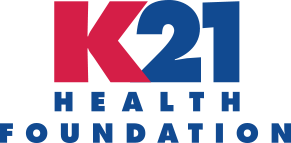February 1, May 1, August 1, and November 1. Applications are due before midnight on these dates, of whether that day falls on a weekday or weekend. No exceptions.
Can I handwrite my application?
Unfortunately, no. All applications must be completed and submitted through the online portal, including supporting documentation.
Can I submit more than one application during any one cycle?
Yes. There is no limit to the number of applications an organization can submit during one grant cycle.
Is there a limit on the dollar amount I can request?
No. There is no limit to the dollar amount your organization can request. Please keep in mind, however, that you must be able to clearly explain the need for the entire amount you request.
What happens after I click the “Submit” button?
Once you click the “Submit” button, you should immediately receive an email confirming the submission. If you don’t receive an email, check your “Junk Mail” or “Spam Filter”. Please be sure to “White List” the address to ensure that you receive future emails.
What happens once my application has been submitted?
Following the deadline, the K21 staff will review the submitted applications. After the review period, an appointment to discuss your application will be scheduled. All applications will then be presented to and reviewed by the K21 Grant Committee, which meets quarterly to decide on grant awards.
When will I know if it has been approved?
You will be notified of the Grant Committee’s decision within a few days of the committee’s quarterly meeting.

